AJ McQueen may rap a lot of God but don’t think of him as a Christian rapper. After all, his albums still have parental-advisory stickers on them.
The 35-year-old rapper, author, and water connoisseur considers himself more of an inspirational MC. After spending his younger, bullet-riddled years in his hometown of St. Louis, McQueen got shipped off to Houston and began his journey of spitting rhymes that encourage, enlighten and, of course, get you vibing.
He’s got a nice fanbase going. Currently on his Sit Yuh Self Down Tour (named after one of his latest singles), McQueen usually hangs with his audience before his shows. He’s gotten to know fans not only in Houston and St. Louis but also in major cities like New York, Atlanta, and Philadelphia. Even fellow St. Louis rapper Nelly has given him props.
McQueen took some time out to answer some questions about his music, his upbringing, and how God is not just relegated to the church.

Can you give me your origin story, starting from your years in St. Louis?
I was growing up in St. Louis, Missouri. I’m from the west side of St. Louis. I grew up in two bad parts of St. Louis — I grew up in the northside as well. I grew up in impoverished areas, underserved areas. My family was definitely surrounded by gangs and gang culture. I got involved with that at a young age — around 12, 13. And, when I was 15, I got shot by a rival gang, and I was an inch away from being paralyzed. There were a lot of ripple effects that happened after that, and my mom made the decision to send me away, in an attempt to save my life, preserve my life.
What made your mother decide to send you to Houston?
We lived in Houston for two years when I was younger, when I was 8. There was a family that I met. And, when [the shooting] happened, my mom called the family, because she was like, ”You need to go. You need to get out of this city ASAP.” She asked if I could come and visit. She didn’t want to just flat out tell them what her overall plan was. But that’s what she did — she sent me away and, then, told me I couldn’t come back. And that’s where it started. I went on to live with five other families as well, kinda just being — I don’t wanna say passed around. These different households had different things going on in them. So I was just an extra expense or extra person, And, you know, that’s kinda how I survived through high school up until my early adulthood.
When did rapping come into the picture?
I’d say definitely early on. Growing up in St. Louis, I’ve always been a writer, you know what I mean? I actually consider myself more of a writer than anything. Writing was a way that I would, you know, communicate my trauma. It was a defense mechanism. It was my creative flow, and writing turned into rapping at a young age. I used to go around school and battle rap and just try to make songs when I was younger.
But when I got shot, when I moved into the Johnson family – that’s the family that took me in – I found a tape recorder. I made my first song on a tape recorder. I recorded it, played a beat off of a computer, and just made my first song. And that’s where Hip-Hop started for me. That’s how I started to express myself. It was really just to express what happened to me. And that’s when I mixed the Hip-Hop with the faith because I believe that, you know, I was protected by God. So, my first song sounds like me saying what happened and who I feel protected me.

What rappers influenced you? Your flow reminds me of J. Cole, especially in his early mixtape years. I also hear a little bit of Lupe Fiasco in there.
I definitely like those people that you named, but my influences go much deeper. I grew up being surrounded by the sounds of Tupac, Lauryn Hill, Erykah Badu, Bob Marley, Common, Lil Wayne. I’ve been a Lil Wayne fan since I was a kid – ever since he was a kid – ever since the Hot Boys and all that, So, a lot of my flow is just a mixture of that, and the storytelling ability comes from me being a poet, you know what I mean, and the ability to write and express myself. So, mix all that and add in some of the best orators: Malcolm X, Martin Luther King, Marcus Garvey. Mix them all together, and that’s how you get me – along with my own personality and my own expression, of course.
How long did it take for you to work on your latest album, Sorry Ma, I Got Distracted?
I feel like I’ve been writing this album my whole life, you know. I mean, this album is my origin story. A lot of the songs that are there are really just tapestries of my life, you know, as I navigate childhood, manhood, family — all of it, you know what I mean. Mental health, all of it. So, each song is very important to me, and everything is made from scratch. All the sounds, all of the production, everything is literally made from scratch. All the sounds were handpicked to make sure that I don’t sound like nobody else but, then, also make sure that there’s a sound. There’s not just a beat, but there’s a sound, you know. There’s a frequency in the music that resonates, for sure.
I saw one interview you did where you said is more of an apology — to your mom, to yourself, etc.
Yeah, it’s definitely an apology. But the whole album is apologetics in general, you know what I mean. And when I say apologetics, I’m speaking more so of the word — how can I put it? — doctrine, you know. Because the word apologetics equally means a doctrine. So, while it’s an apology, it’s literally my theories or my doctrine.
I communicated a lot of my sentiments as it relates to relationships: my relationship with my mom, my significant others, and myself. So, the whole album is about relationships and furthermore, my relationship with God.

Do people usually classify you as a Christian MC? How do you feel when that happens?
I feel like people used to when I was younger. But I feel like, honestly, the world has changed at the same time. You know, it’s unfortunate when people hear God in the record, they think of Christianity when God is holistic. It doesn’t have anything to do with [being] Christian. Being God-conscious is just being God-conscious, you know — being conscious of nature. Nature is God. Like, life is God. That’s not something I’m necessarily ashamed of either, because the foundation of my faith and my philosophy is gospel-oriented. God is in all things, and it’s us as humans that attempt to compartmentalize, you know what I mean?
Like, my music is holistic. I want the people who don’t even believe in God, yet still believe in themselves. I want children to believe in themselves. Regardless of your ethnicity, regardless of your race, social class, whoever you voted for, wherever you worship at, whether that’s the mosque or the church or outside in the grass with your shoes off, I want this music to resonate with you because I’m telling my story, you know.

A lot of your music falls into what I like to call “grown-ass rap,” where you’re talking about more mature, adult subjects. Would you agree to that?
Yeah, for sure. The ability to just evolve, and I think that’s where I feel like Hip-Hop has failed. Yeah, you used to gangbang — tell us the rest. Yeah. you used to have 10 women a night — tell us the rest. Yeah, you used to rob banks. What’s the rest of it? Or did you just stop there? Or did you die there? We don’t tell the rest of the story, and I feel like that’s why there is a disconnect between storytelling. Every story has a conclusion. I think that rappers, authenticity, and the fear of growing up in music are the problem. I’m not afraid to grow up in music, you know. That’s what I’m deciding to do: grow up in music.
What do you want people to know the most about AJ McQueen?
The main thing I want people to know is I’m just like you. Like, we are just on different parts of our journey, and I wanna be a symbol of evolution, a symbol of growth that we can evolve, you know, that we can change. We’re not done evolving, you know — especially, with me being a black man, I feel like society is unfair to a lot of us. I feel like, as a black man, I identify with the unfairness when it comes down to our evolution, our growth, and how the world attempts to pigeonhole us to our mistakes and our lack of knowledge or our lack of maturity. But I think I’m proof that we can evolve. We can grow. Childish things can be put behind us.




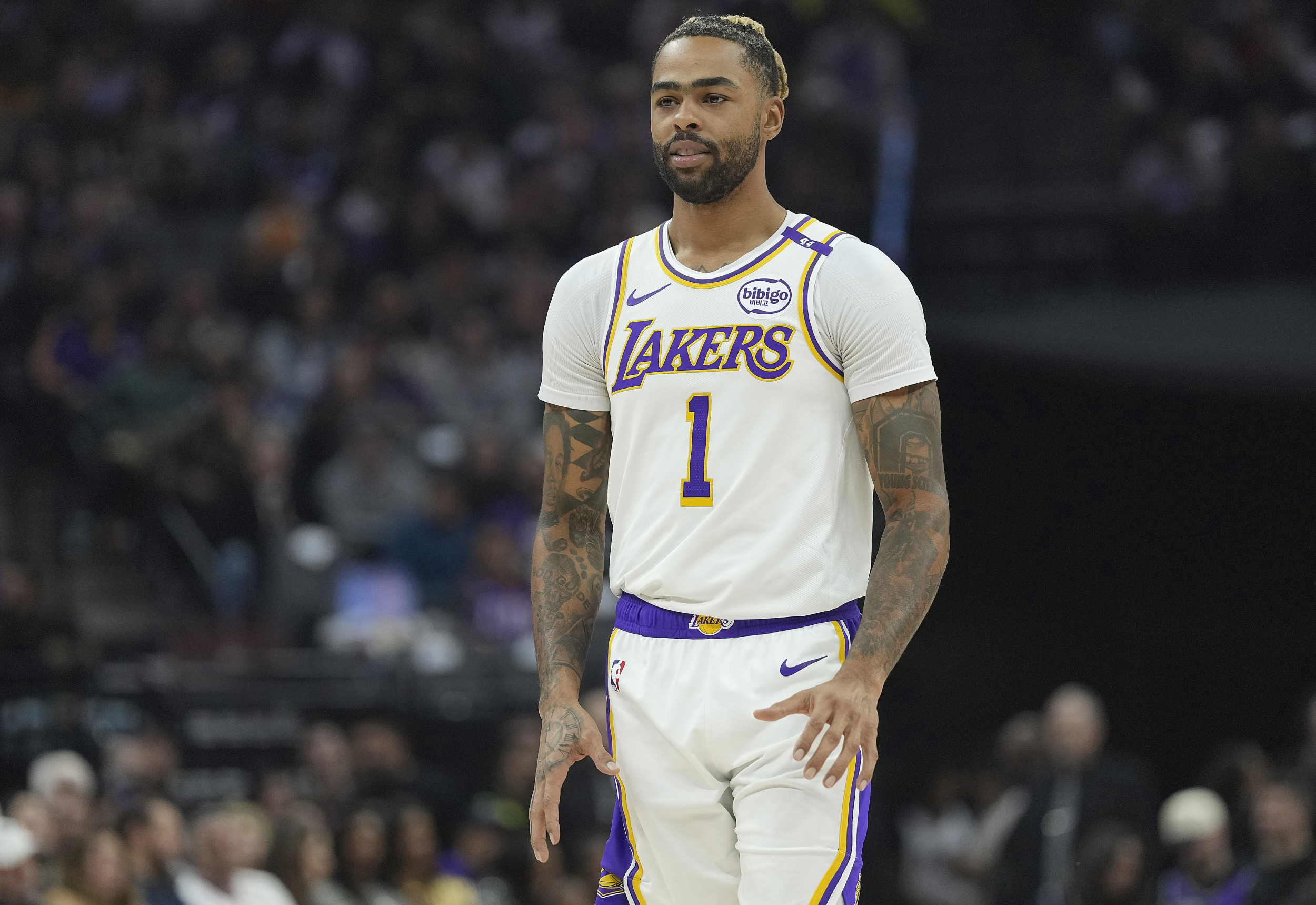


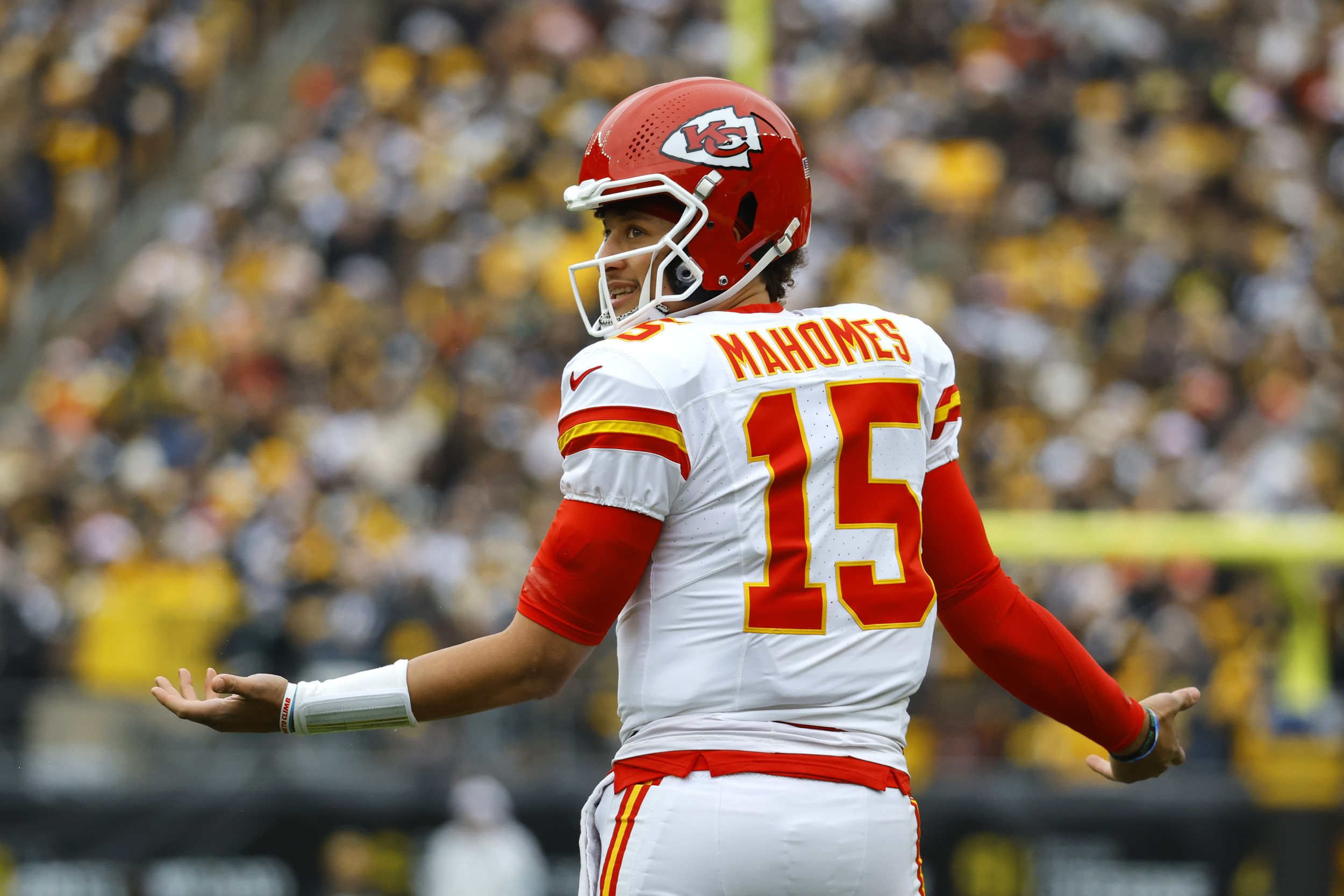

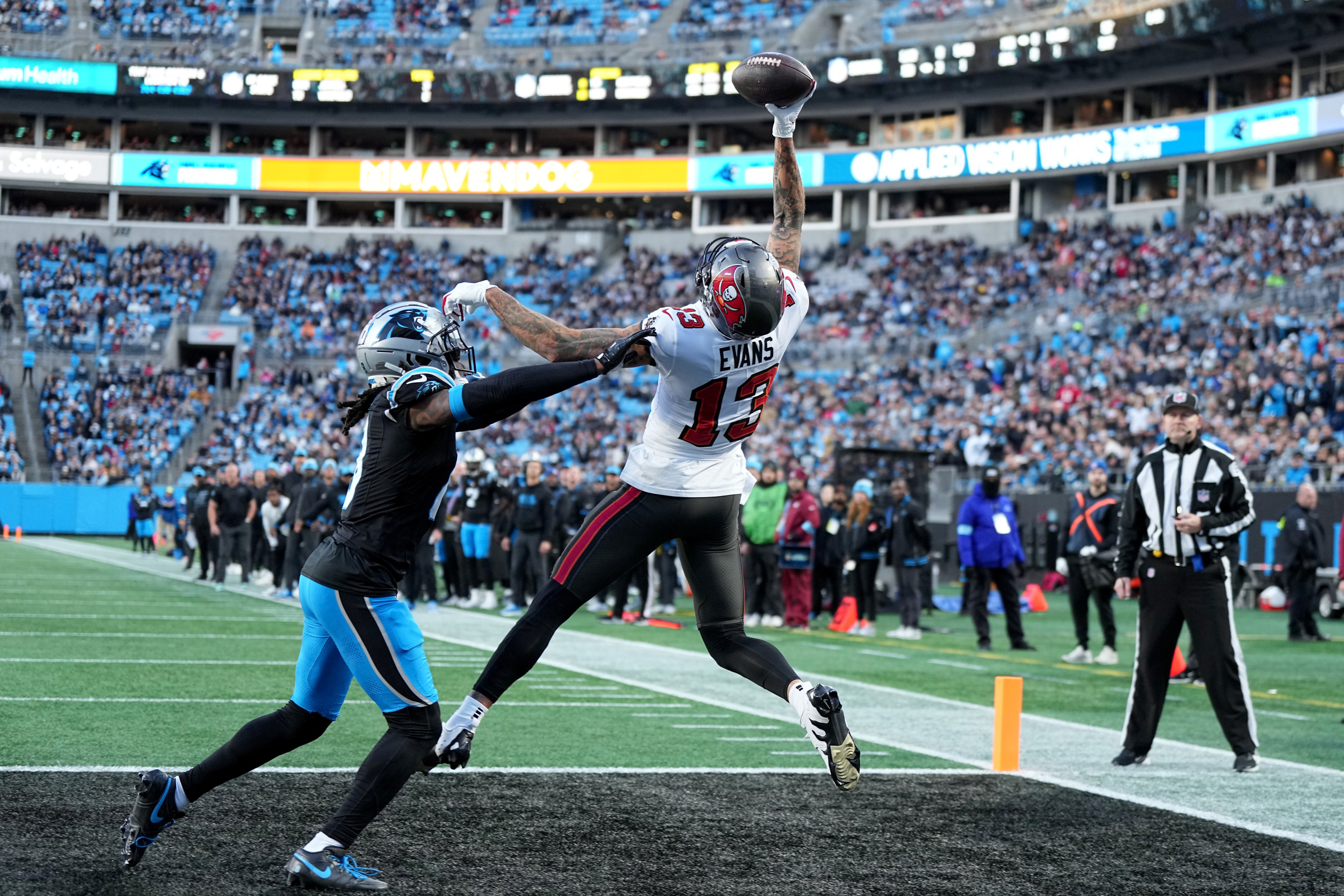
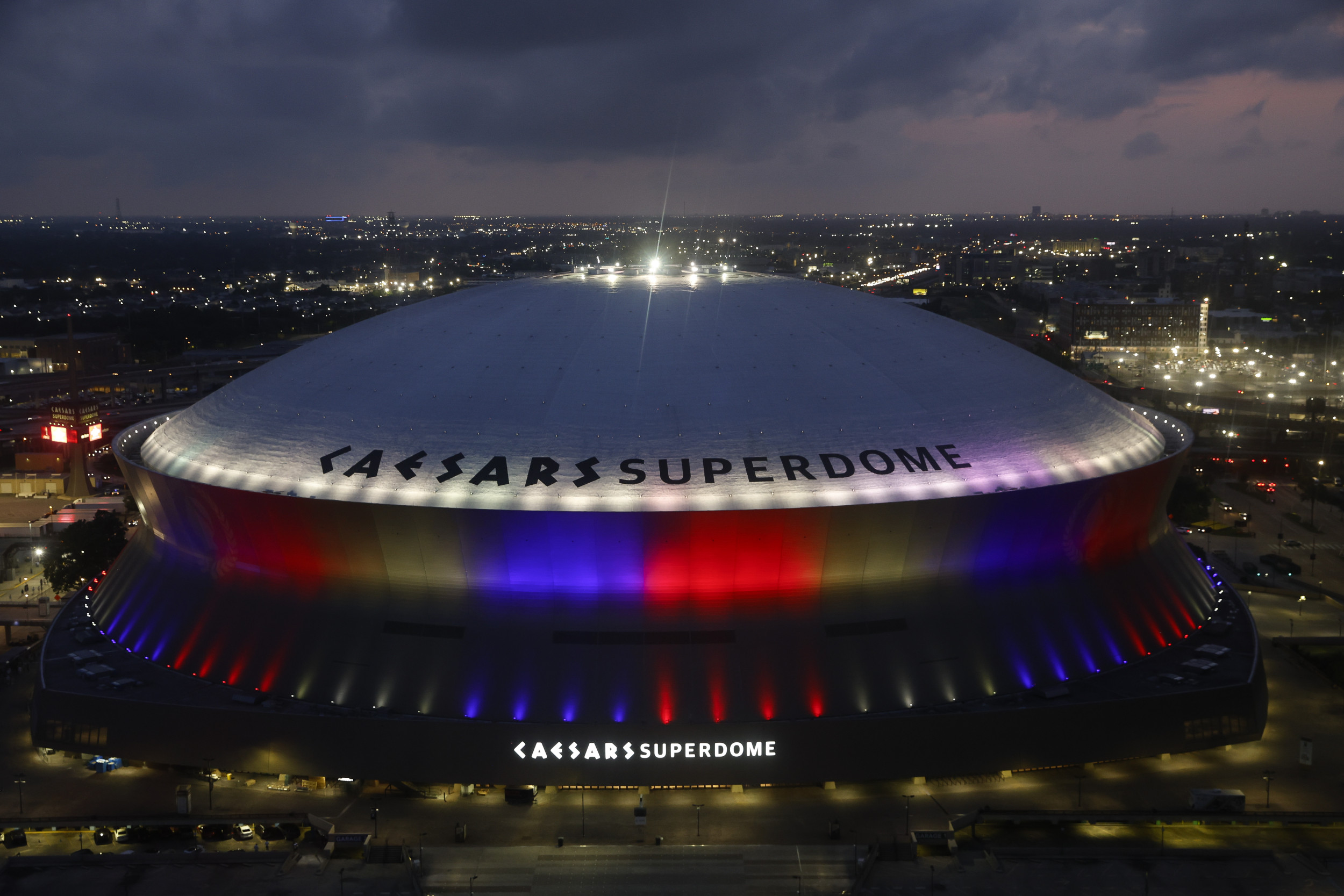
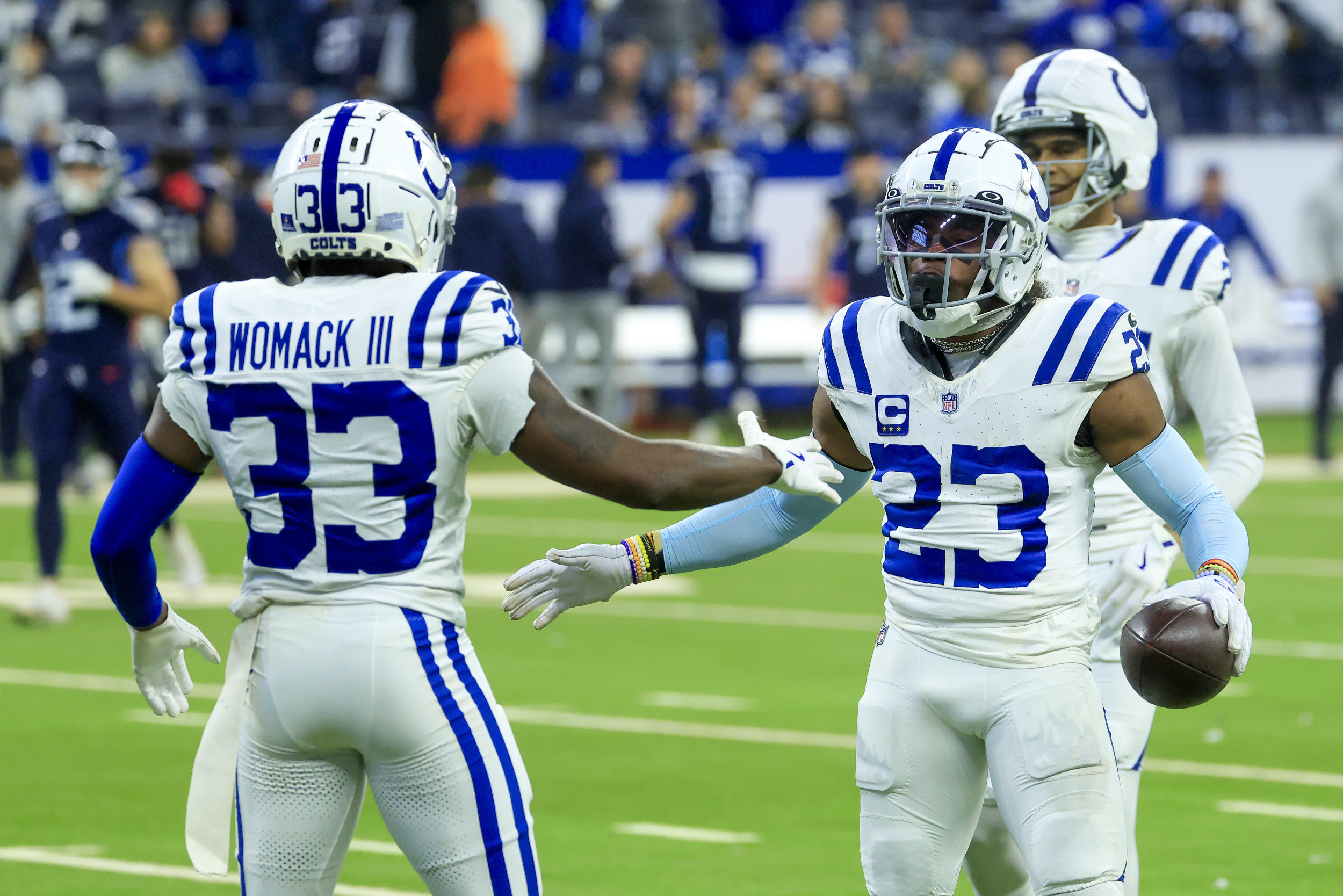








 English (US) ·
English (US) ·